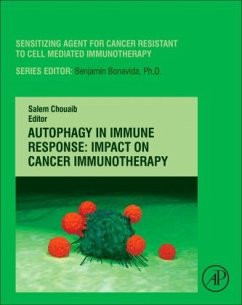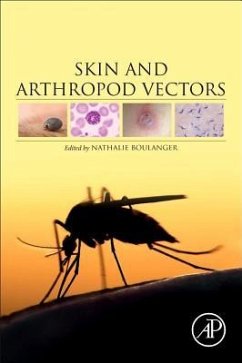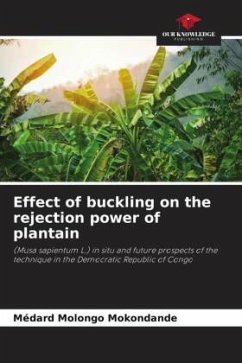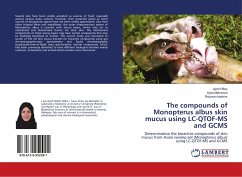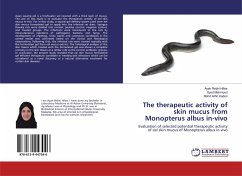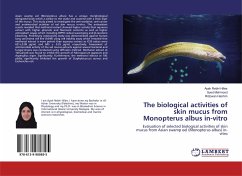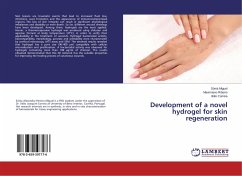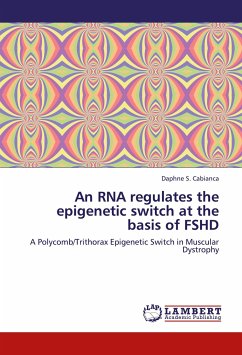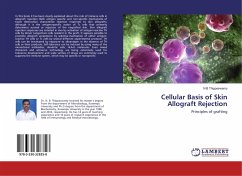
Cellular Basis of Skin Allograft Rejection
Principles of grafting
Versandkostenfrei!
Versandfertig in 6-10 Tagen
33,99 €
inkl. MwSt.

PAYBACK Punkte
17 °P sammeln!
In this book it has been clearly explained about the role of immune cells in allograft rejection. Both antigen specific and non-specific mechanisms of tissue destruction characterize rejection responses to skin allografts, although it is the antigen-specific action of Tc cells that primarily determines survival or rejection of the engrafted skin. Skin allograft rejection responses are initiated in vivo by activation of antigen-reactive TH cells by donor Langerhans cells resident in the graft. It appears possible to promote allograft acceptance by selective inactivation of either antigen-reacti...
In this book it has been clearly explained about the role of immune cells in allograft rejection. Both antigen specific and non-specific mechanisms of tissue destruction characterize rejection responses to skin allografts, although it is the antigen-specific action of Tc cells that primarily determines survival or rejection of the engrafted skin. Skin allograft rejection responses are initiated in vivo by activation of antigen-reactive TH cells by donor Langerhans cells resident in the graft. It appears possible to promote allograft acceptance by selective inactivation of either antigen-reactive TH cells or Tc cells by several different experimental protocol. TH cells can be inactivated by exposure to alloantigen in the absence of TH cells or their products. Self-tolerance can be induced by using many of the monoclonal antibodies, dendritic cells, HLA-G molecules. Even mixed chimerism and antisense technology are being extensively used for tolerance development and wide verities of drugs are commonly used to suppress the immune system, which may be specific or nonspecific.



